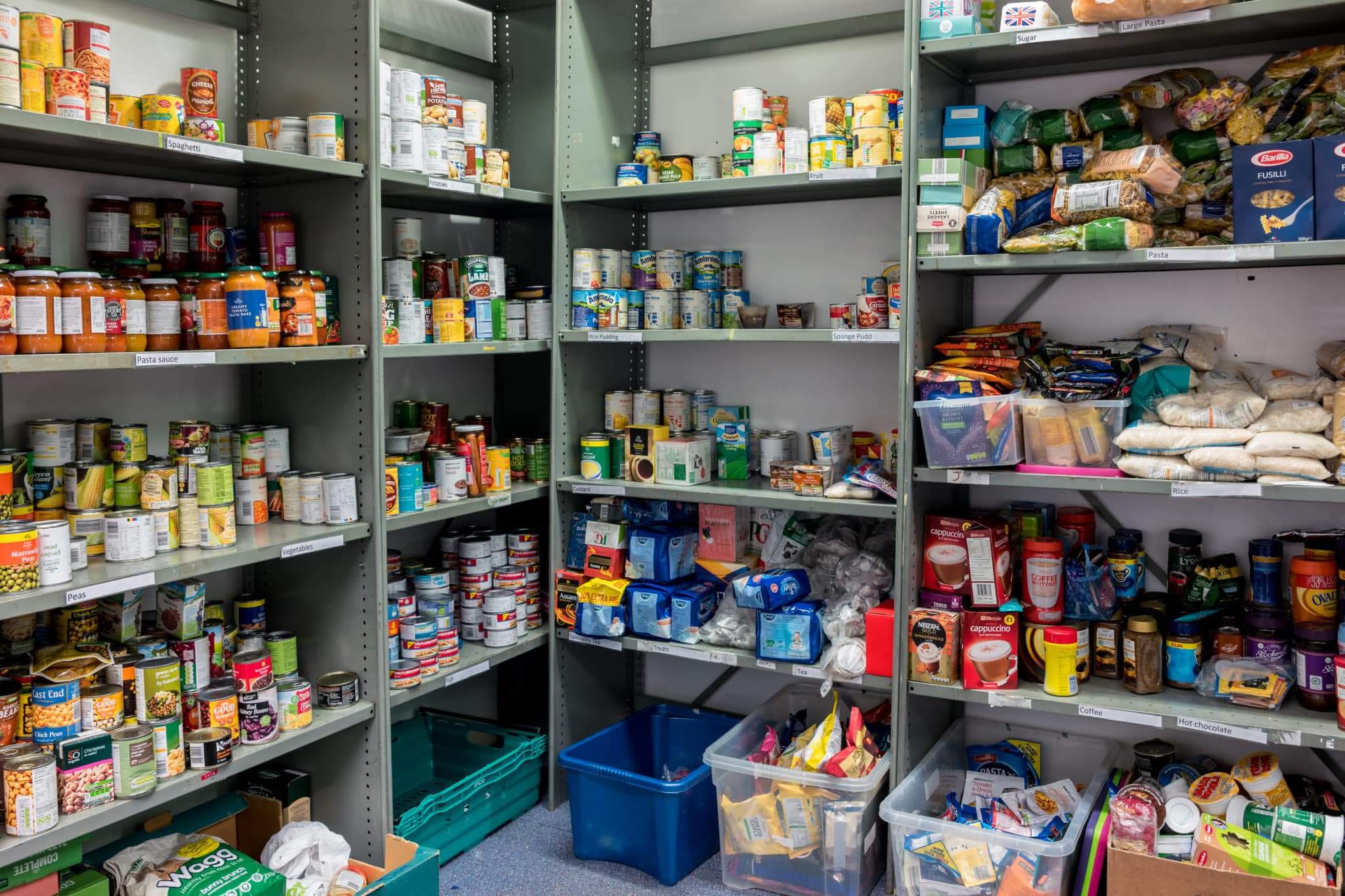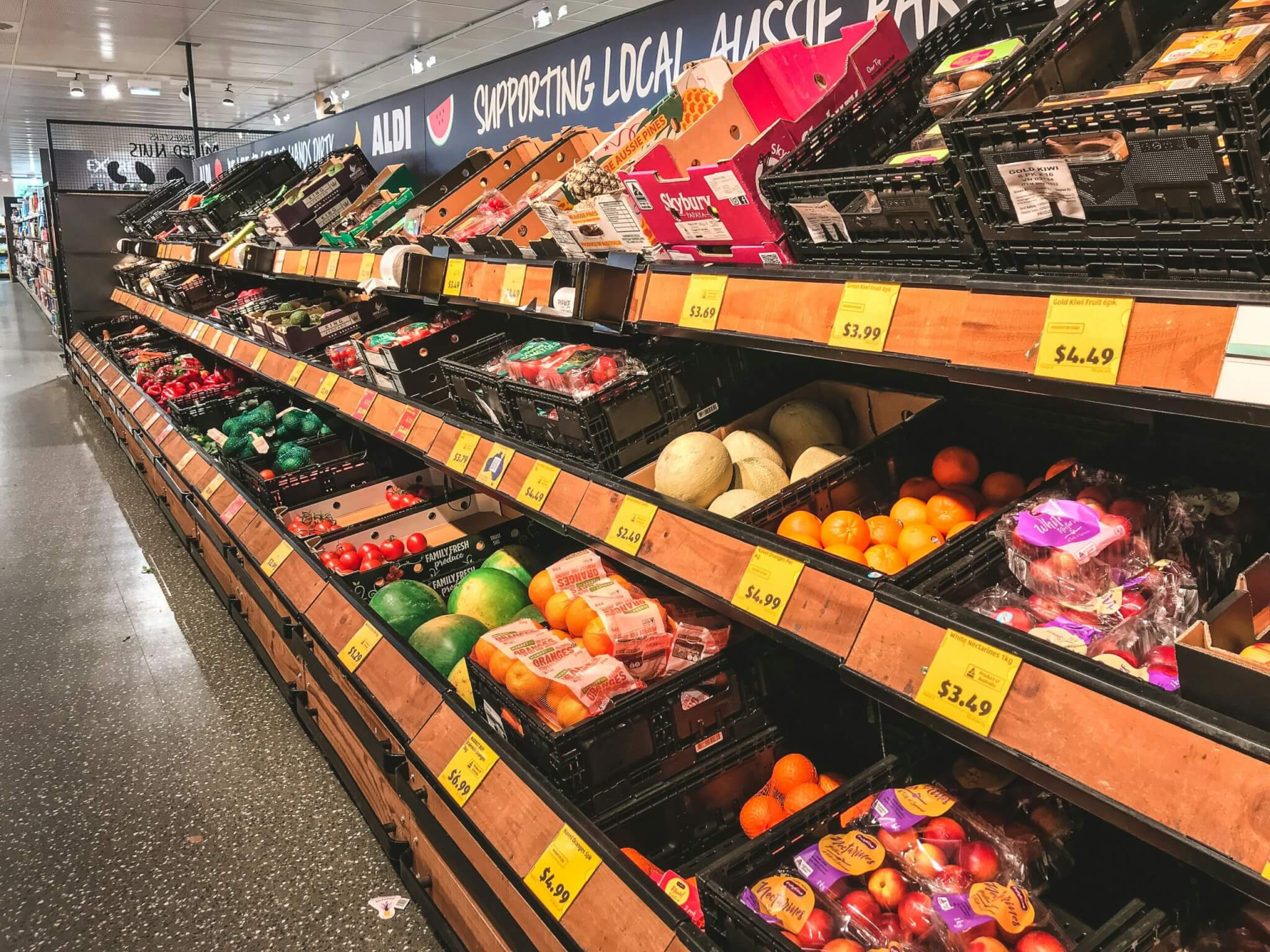A cash-first approach to food banks and a plurality in economic models would be better ways of helping people deal with the rising cost-of-living and afford sustainable, nutritious food.
That was the view of experts working in food aid and economics speaking at the annual conference of campaign group Sustain last week.
“The truth is that not everyone at the moment can afford to feed themselves, let alone on sustainable and nutritious food. Not enough money in the system is flowing the right way,” said Sustain chief executive Kath Dalmeny, in her introduction to the event.
Economist Professor Ha-Joon Chang, of SOAS University of London, used his keynote to explain the impact of one model of economics dominating the UK. “Since 1980, the neoliberal strand of economics has been so dominant that others are disappearing. It’s making our intellectual diet in economics very poor,” he said.
“It’s like trying to cook everything with cabbage. If you try to make pudding with cabbage, I don’t think it will work very well. There are many different ways of doing economics – at least nine schools of thinking, which could be expanded up to 20. All have different strengths and weaknesses, designed to explain different things.
“In the same way that polyculture rather than monoculture is so important in farming and nature, economics has to be more diverse.”
As an example, Chang explained that the current economic model prioritises freedom of markets and free trade deals, which he said are often “not free or liberating”.
“Free market discourse has dominated the discourse on public policy,” he said. “But we need to question freedom for who? Freedom for US chicken factories chlorine-washing chicken? Free trade means freedom for the traders, not for all.”
Asked what economics model would better suit a vision for progressive food, Chang said: “The neoliberal model is very reluctant to question the underlying social order and that has made it very palatable to people already with wealth and power. It’s in their interest to not question the status quo, and these people are given more recognition.”
He said that different economic models address different questions, and pointed out some nations, like Singapore, which incorporate a mix. There, the government owns 90 per cent of land and there is also a healthy attitude to multinationals, he said.
Deputy chief executive Ben Reynolds asked how far the welfare state should extend in the UK? He pointed out that while it already includes healthcare, one of the biggest costs in health in the UK is diet-related disease.
“We need an integrated approach – you can’t just make nutritious food cheaper. People also need more time to cook and make recipes. Poor people often have more than one job; they don’t have time, so they pick unhealthy, quick meal options,” said Chang, noting that in the US, the welfare system includes food via a growing distribution of food stamps or vouchers.
Speaking about solutions to food poverty in the UK, Sabine Goodwin, Director, Independent Food Aid Network, said “it’s clear that cash-first interventions work”.
“It immediately reduces pressure on food banks. More and more food banks are distributing vouchers.”
“First and foremost, it’s the inadequacy of income that is paramount here,” she continued. “We need to put income at the heart of the response and take responsibility for certain groups. Adequate wages and adequate benefits, rather than the perspective of free food.
Goodwin said “we can get confused about the utility of food waste in the system”. “You need to tackle both problems at their root: food poverty and food waste. To cut food waste, you need to stop producing waste,” she said.
“Cash donations are really helpful to food banks as they can pass them on. We also ask that people to write to MPs so we can close the gap, as well as fill the gap.”
Chang, who has also written new book Edible Economics: A Hungry Economist Explains the World, also pointed out the importance of understanding economics. “My view is that without citizens knowing a bit about economics, democracy is meaningless. It’s about culture, politics and heritage,” he said.













This to me is the important part op the above: “Poor people often have more than one job; they don’t have time, so they pick unhealthy, quick meal options”. Sadly it is these people who would most benefit from the option of swapping paid work for the chance to grow their own food and be self sufficient. Instead of working (for example) 20 hours a week doing a paid job they are able to help on a local market garden and in return receive nutritious food to utilise (and have the time to prepare) at home. As with the article on Wales in this issue of Wicked Leeks, there needs to be joined up thinking where the bottom line is not just money but the health and wellbeing of all…..
I so agree with this article. The level of State Pensions and Benefits is calculated using a notion of a “subsistence” diet that is based on the very cheapest (and, arguably) nastiest supermarket food. This has to change. The government also has to revitalise the old Central Office of Information to produce educational materials for schools and national broadcasting organizations that explains the value of organic and regenerative farming for the health of people and the planet.
“The neoliberal model is very reluctant to question the underlying social order and that has made it very palatable to people already with wealth and power. It’s in their interest to not question the status quo, and these people are given more recognition.”
“My view is that without citizens knowing a bit about economics, democracy is meaningless.”
While the people with wealth and power are in control of state education the last thing they are going to do is teach people about the system they live under. Neither is it in their interests to try to address the spread of misinformation, disinformation, and lies so prevalent online.